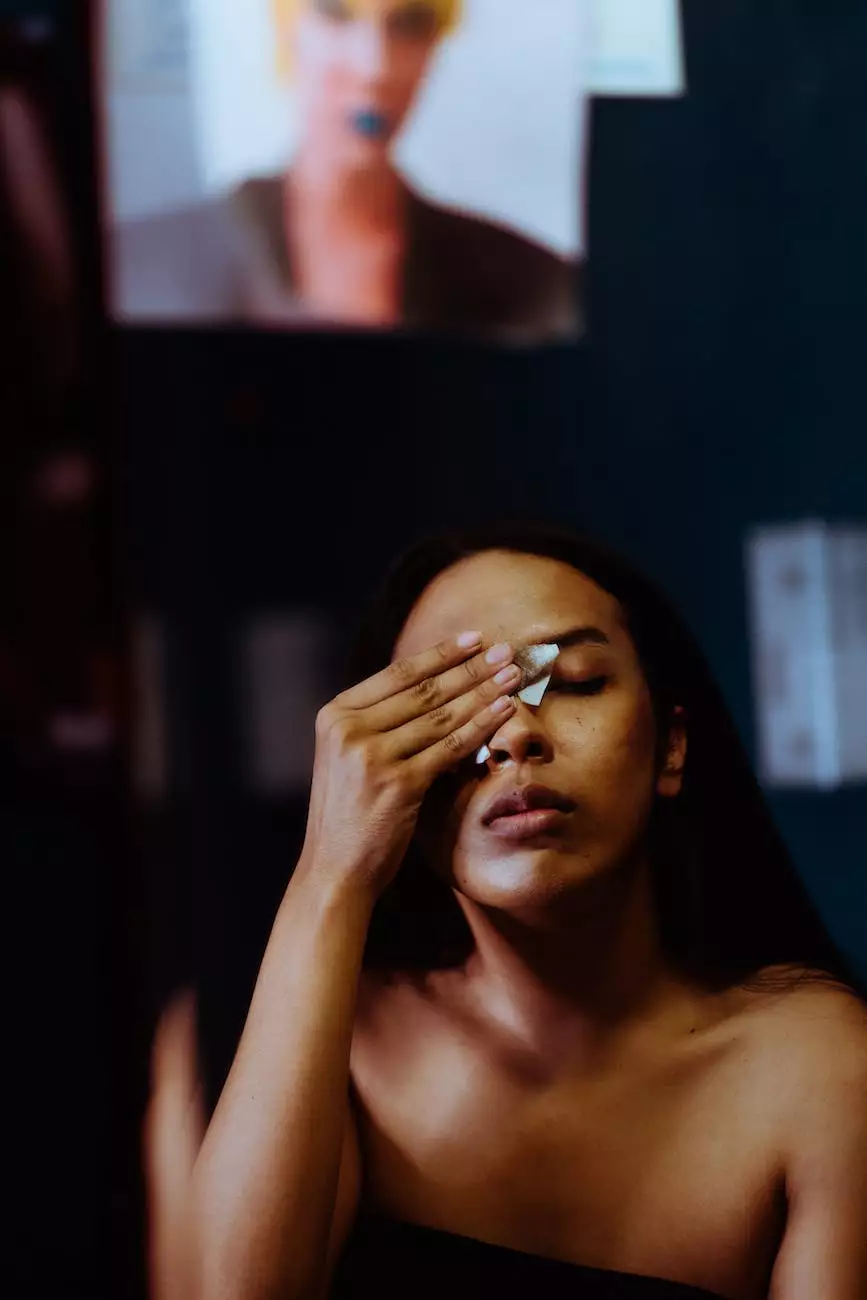Zero Sex Drive? Let's Talk About Your Hormones
Blog
Introduction
Welcome to Mary Bruce Johnston - your trusted source for health, nutrition, diets, and fitness. In this informative article, we will delve into the topic of zero sex drive and how hormones can significantly impact your sexual health.
The Impact of Hormones on Your Sex Drive
Sexual desire and function are intricately connected to our hormonal balance. Hormones such as testosterone, estrogen, and progesterone play a crucial role in regulating our sexual health. When these hormones are imbalanced or depleted, it can lead to a decrease in sex drive or even complete loss of interest in sexual activities.
Understanding Testosterone and its Role
Testosterone, often associated with male sexual function, is also found in women, albeit in smaller quantities. In both sexes, testosterone aids in maintaining a healthy libido. However, various factors such as stress, aging, certain medications, or medical conditions can lower testosterone levels, causing a decline in sexual desire.
Estrogen and Progesterone: Balancing Female Sexual Health
For women, estrogen and progesterone are key hormones involved in maintaining reproductive and sexual health. Fluctuations in these hormones during menstrual cycles, pregnancy, or menopause can influence sex drive. Estrogen dominance or imbalance can contribute to a loss of libido, vaginal dryness, and other sexual dysfunctions. Understanding these hormonal changes is crucial for addressing and resolving any related sexual issues.
Identifying the Causes of Zero Sex Drive
When experiencing a significant decrease in sex drive, it's important to identify the underlying causes. While hormonal imbalances are often to blame, other factors can contribute to the problem. Here are a few possible reasons:
Stress and Fatigue
Physical or emotional stress, coupled with chronic fatigue, can have a profound impact on sexual desire. High-stress levels disrupt hormonal balance and dampen libido. Finding ways to manage stress and prioritize self-care can help improve your sex drive.
Poor Nutrition and Lifestyle Choices
A balanced diet, regular exercise, and healthy lifestyle choices are vital for overall well-being, including sexual health. Nutrient deficiencies, excessive alcohol consumption, smoking, or a sedentary lifestyle can all contribute to low libido. Making positive changes in these areas can help restore your sex drive.
Underlying Medical Conditions
Sometimes, zero sex drive may be a symptom of an underlying medical condition such as diabetes, thyroid disorders, or hormonal disorders like polycystic ovary syndrome (PCOS) or hypogonadism. It's crucial to consult with a healthcare professional to identify and address these conditions to restore your sexual health.
Medications and Birth Control
Certain medications, including antidepressants, antihistamines, and some birth control methods, may have side effects that decrease sex drive. If you suspect your medication is affecting your libido, talk to your doctor about potential alternatives or adjustments.
Regaining Your Healthy Sex Drive
Now that we've explored the potential causes of zero sex drive, it's time to take actionable steps towards improving your sexual health. Here are some strategies you can consider:
Hormone Replacement Therapy
If hormonal imbalances are diagnosed as the root cause of your low sex drive, hormone replacement therapy (HRT) may be recommended. Under the guidance of a healthcare professional, HRT can help restore hormonal balance and revitalize your sex drive.
Natural Supplements and Lifestyle Changes
In addition to medical interventions, there are natural supplements and lifestyle changes that can help support your hormone balance and enhance sexual health. Discussing options like herbal supplements, essential oils, stress reduction techniques, and regular exercise with a healthcare professional can provide guidance tailored to your specific needs.
Communication and Relationship Support
Zero sex drive can cause strain on relationships. Openly communicating with your partner about your concerns and seeking professional relationship support can help both of you navigate this challenging period. Relationship counselors or therapists can provide guidance and help you work through any emotional or intimacy issues affecting your sexual desire.
Conclusion
When facing zero sex drive, understanding the role of hormones in your sexual health is essential. Mary Bruce Johnston is dedicated to equipping you with valuable information and solutions to help you regain a healthy sex drive. Remember, low libido is a common issue that can be addressed through various strategies, such as hormonal therapy, natural supplements, lifestyle changes, and seeking relationship support. Prioritize your sexual health and consult with a healthcare professional to determine the best course of action for your needs.




